In his landmark works Discourse on the Method (1637) and Meditations on First Philosophy (1641), René Descartes tackled a simple yet imposing question: how can one know anything for certain? Laid out in methodical detail, his answers would provide the foundation for modern philosophy and science. In this video from 1987, the celebrated UK broadcaster and philosophy populariser Bryan Magee (1930-2019) dissects Descartes’s world-changing writings alongside the UK philosopher and Descartes scholar Bernard Williams (1929-2003). In doing so, the pair touches on how the existence of God was fundamental to Descartes’s construction of the Universe, what precisely he meant in proclaiming ‘I think, therefore I am’, and which of his ideas have fallen out of fashion in contemporary philosophy.
Bernard Williams on Descartes’s audacious endeavour to prove knowledge is possible

videoPhilosophy of mind
‘Am I not at least something?’ A surreal dive into Descartes’s Meditations
3 minutes
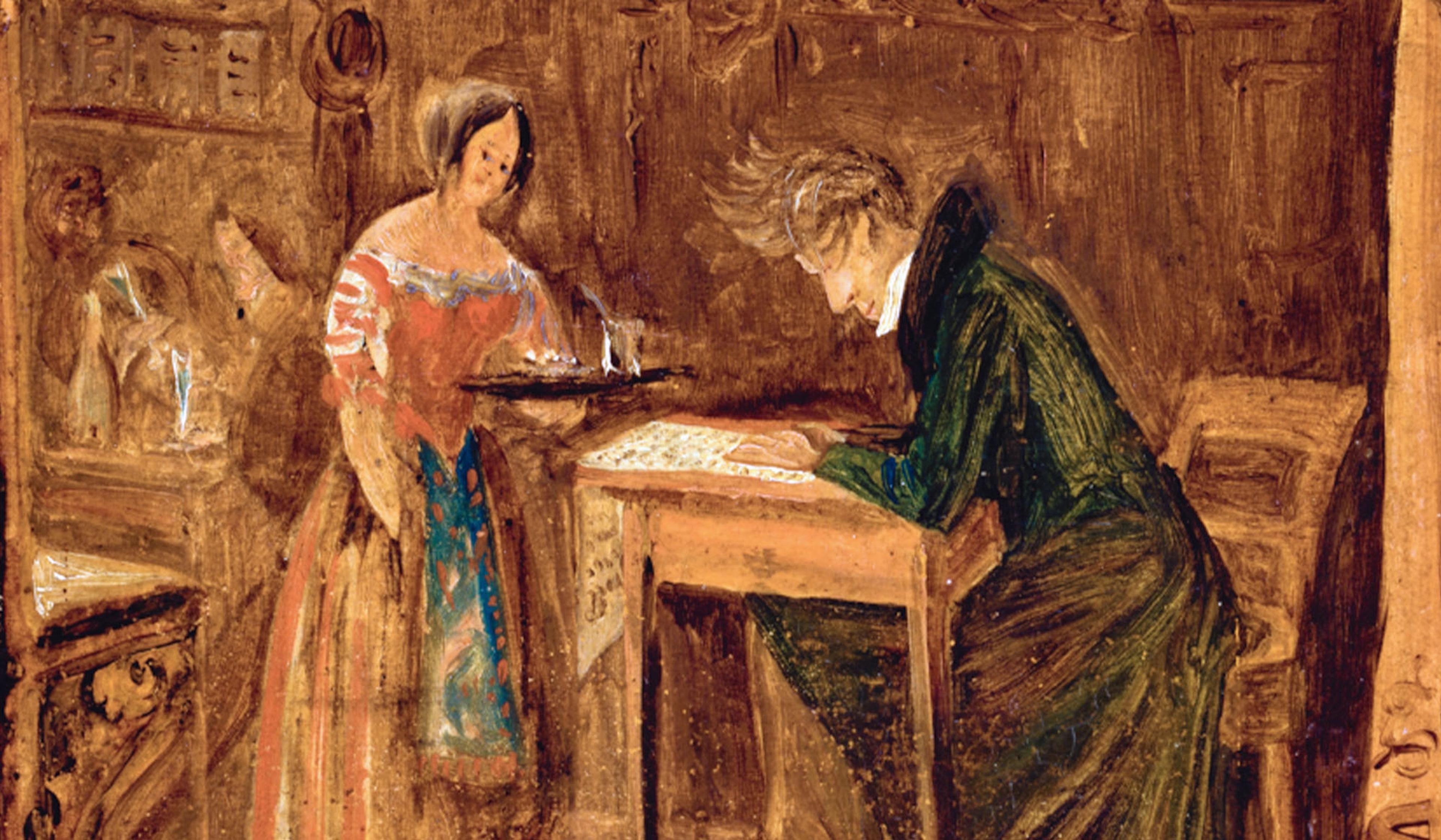
videoKnowledge
Want to think for yourself? Start with an agonising state of doubt, says Kierkegaard
7 minutes
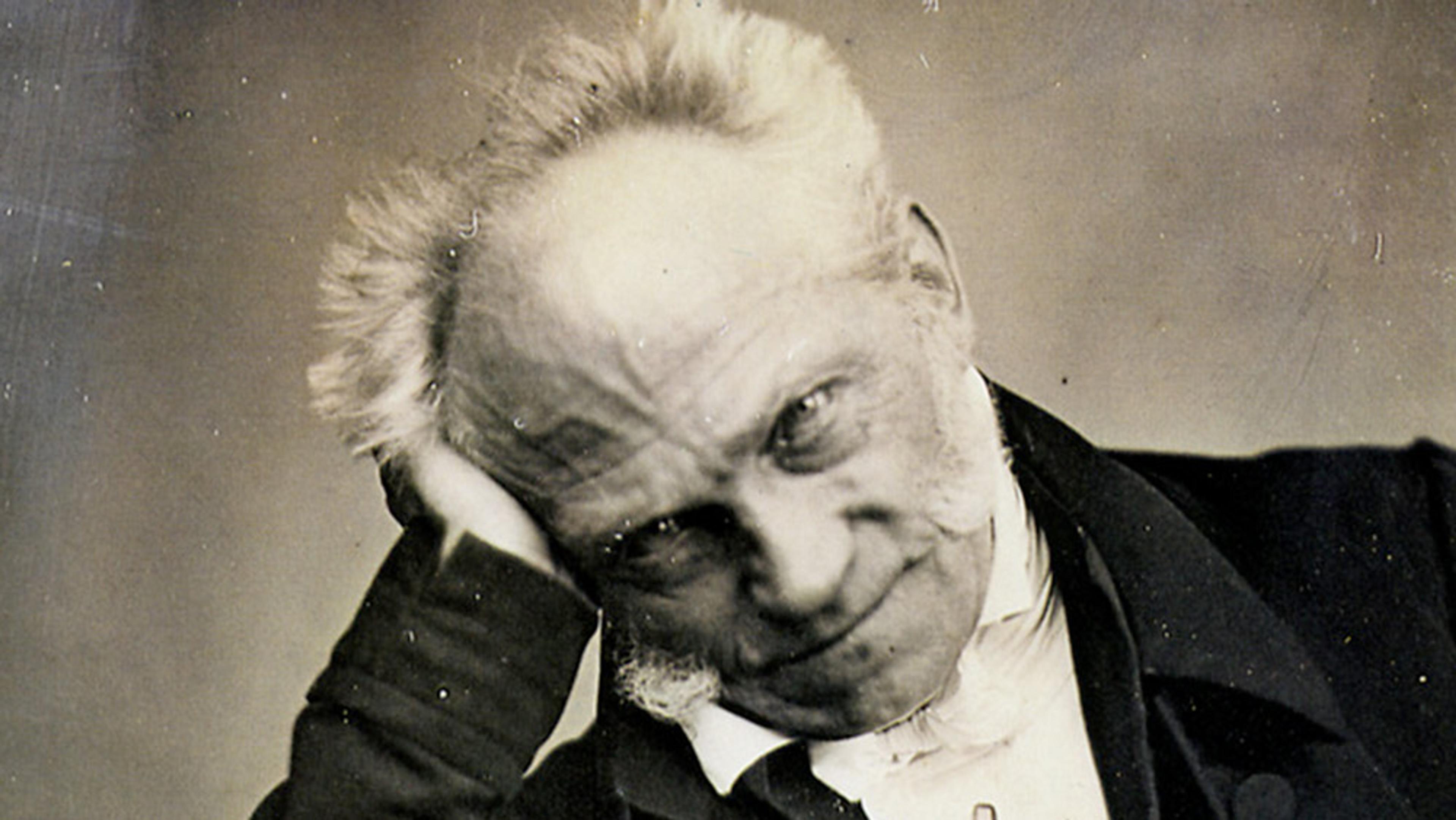
videoThinkers and theories
The intellectual legacy of philosophy’s greatest pessimist: life is suffering, art is supreme
44 minutes

videoPhilosophy of language
For Ludwig Wittgenstein, language is a game, but not a frivolous one
43 minutes

videoMetaphysics
Simple entities in universal harmony – Leibniz’s evocative perspective on reality
4 minutes
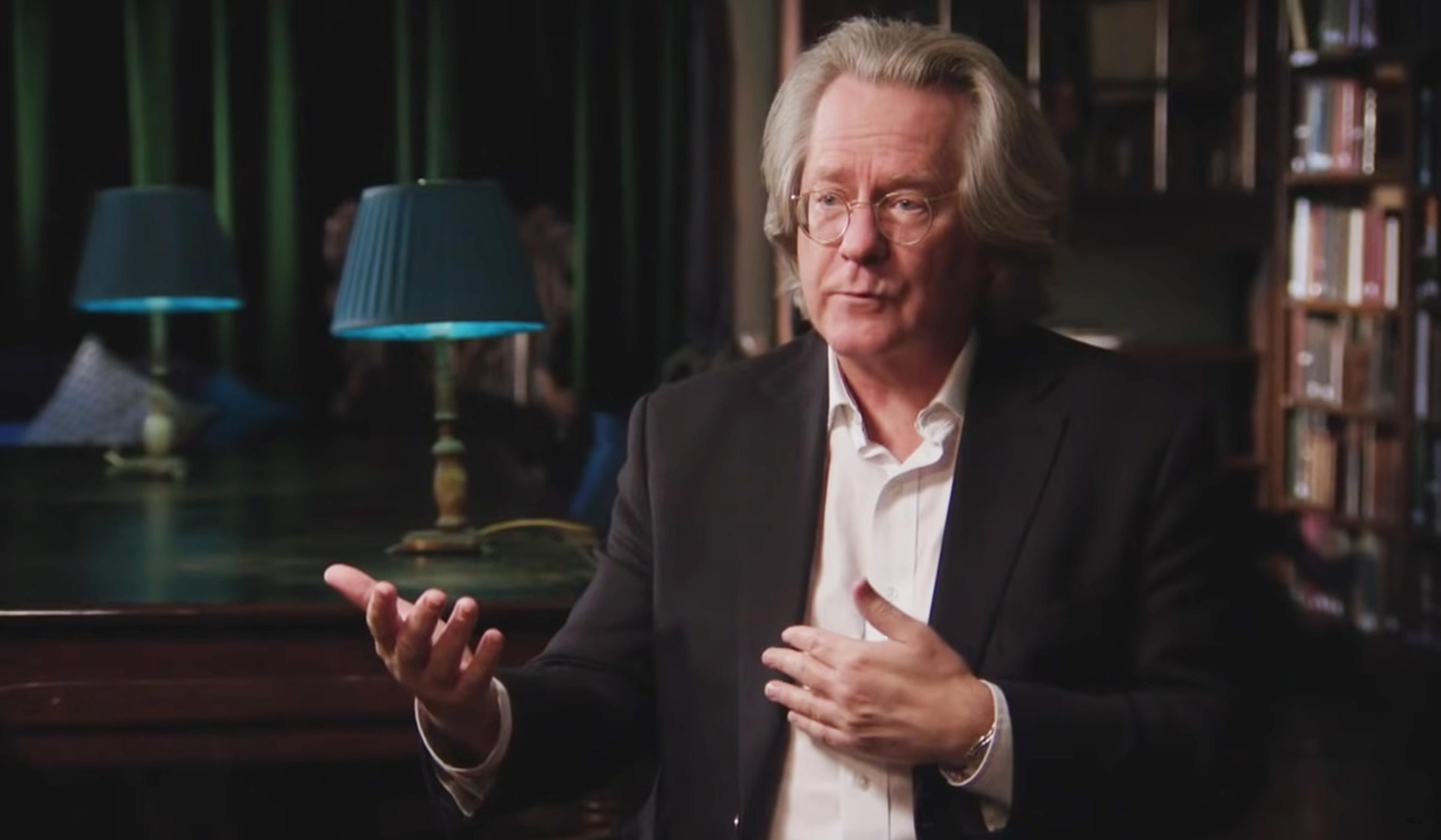
videoMetaphysics
Is the question ‘Why is there something instead of nothing?’ even worth asking?
9 minutes

videoThinkers and theories
Metaphysics and beyond – Martha Nussbaum on Aristotle’s indelible ideas
43 minutes
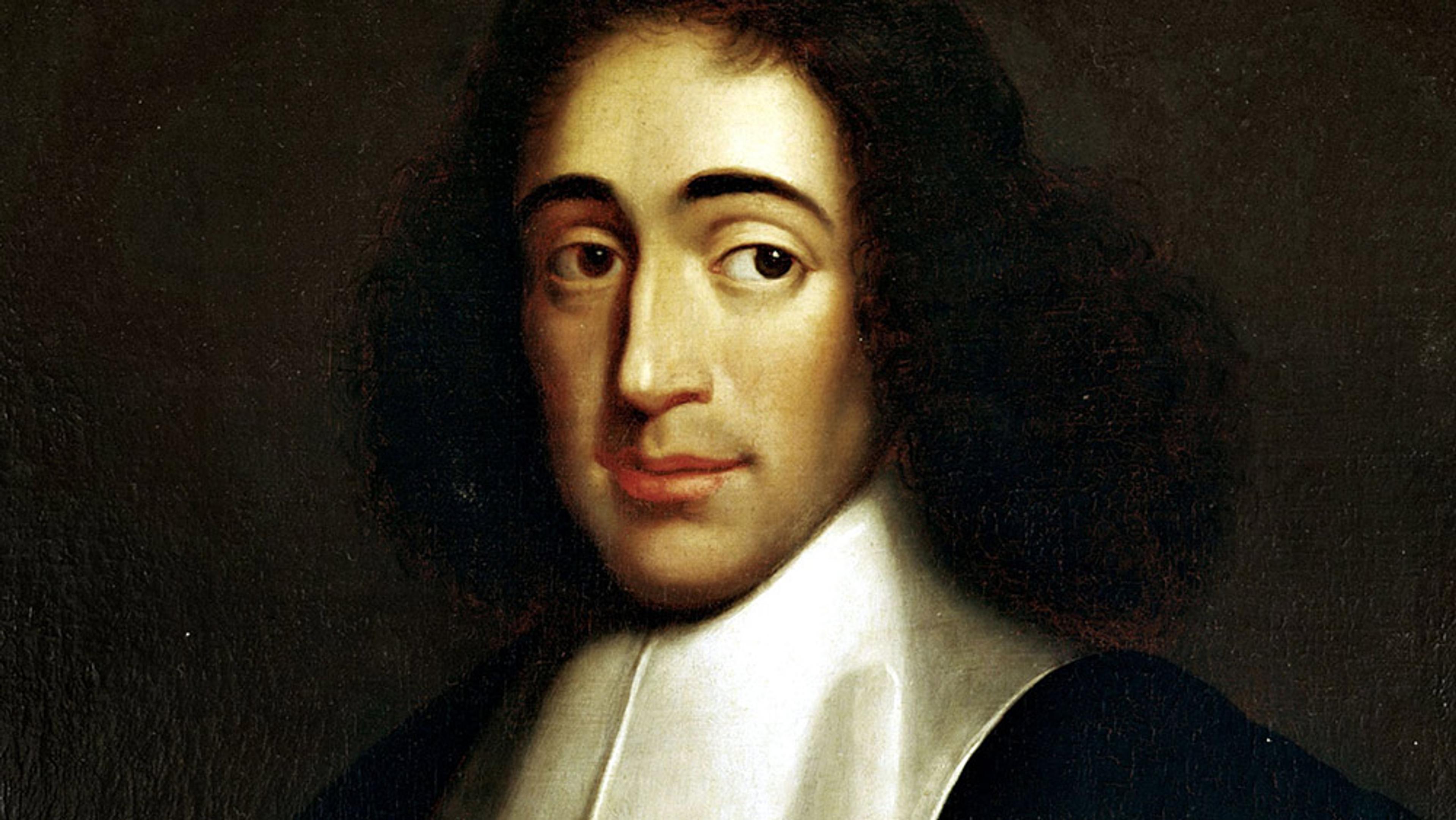
videoThinkers and theories
Freedom is learning to like what it’s rational to like: Spinoza’s ‘abominable heresies’
6 minutes
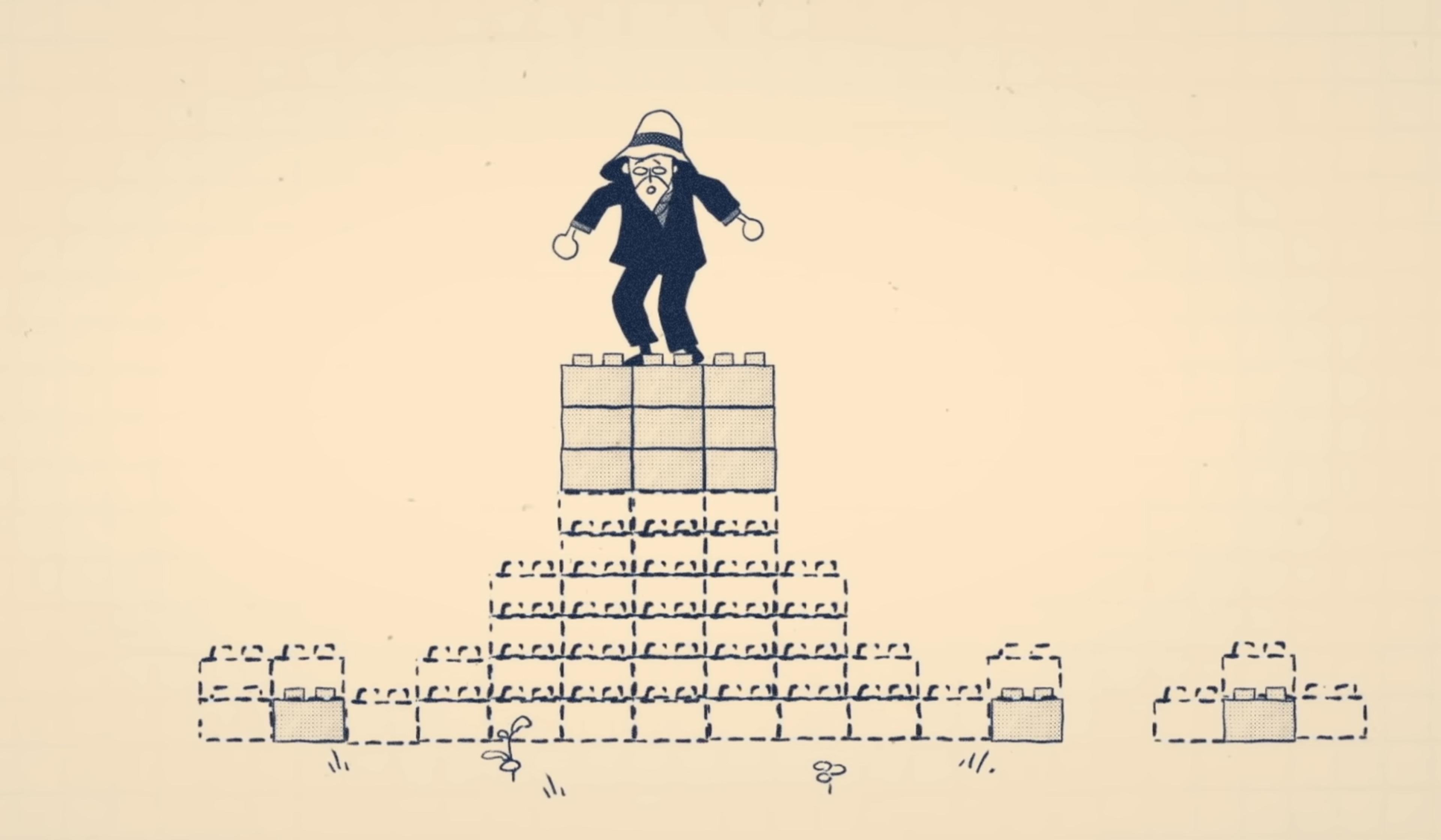
videoMathematics
How a verbal paradox shattered the notion of total certainty in mathematics
5 minutes